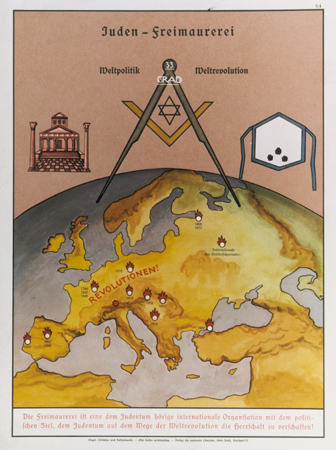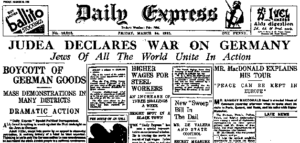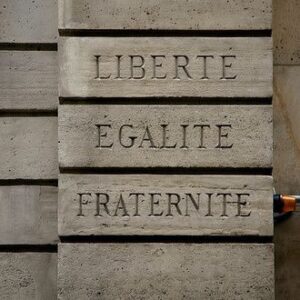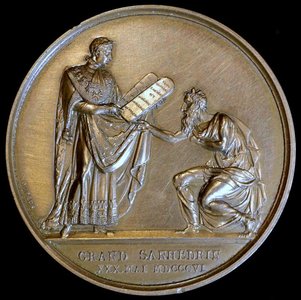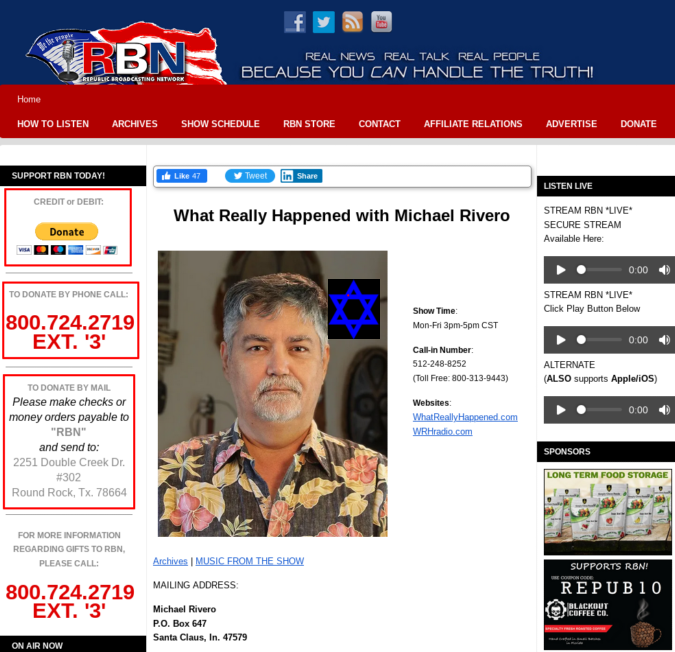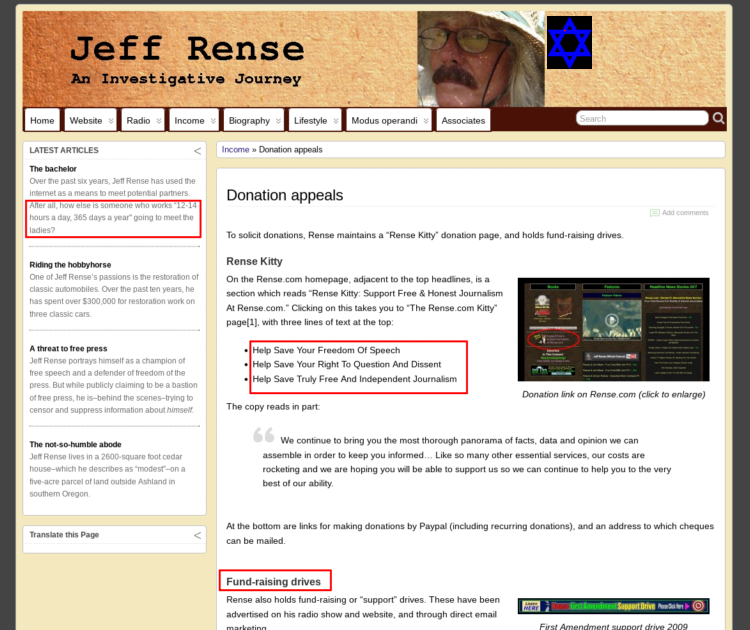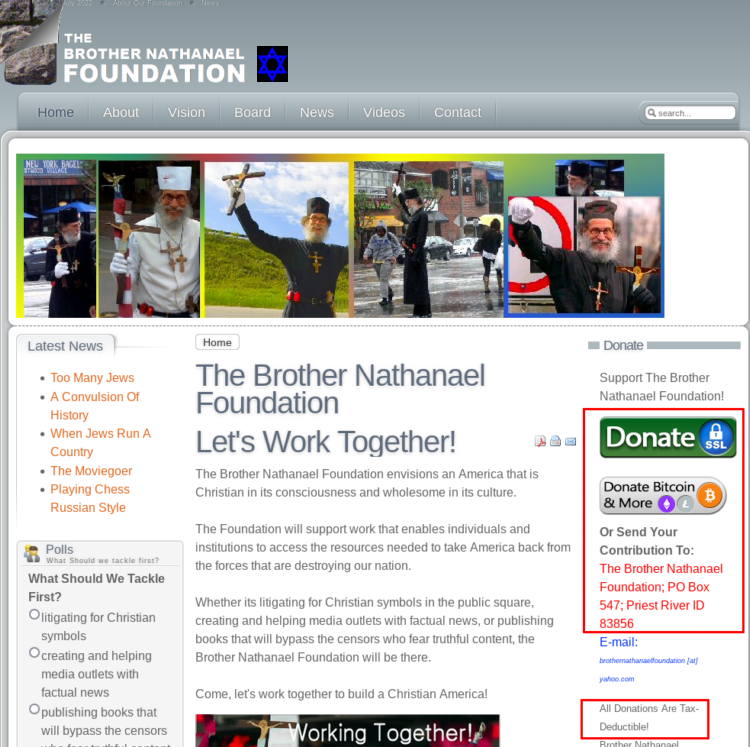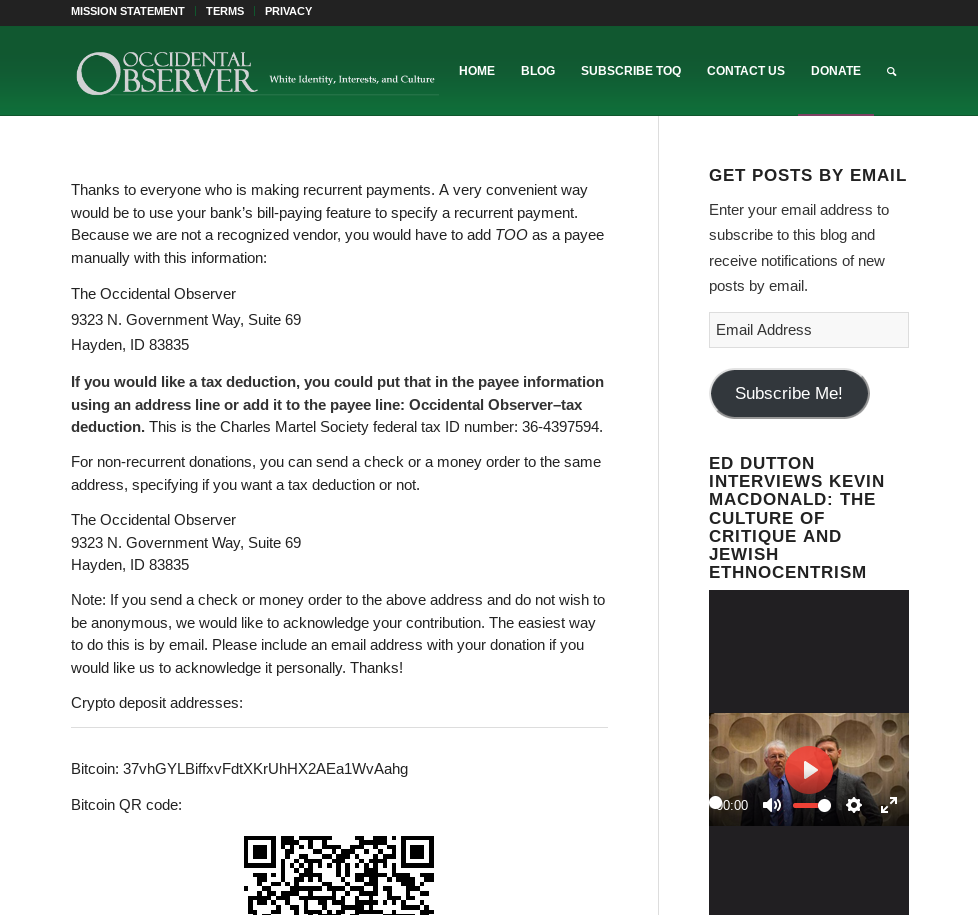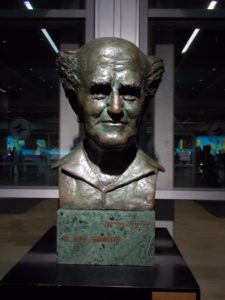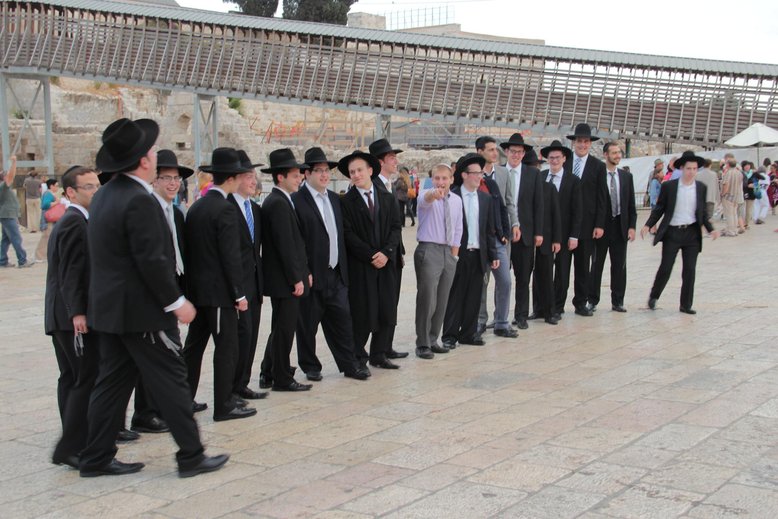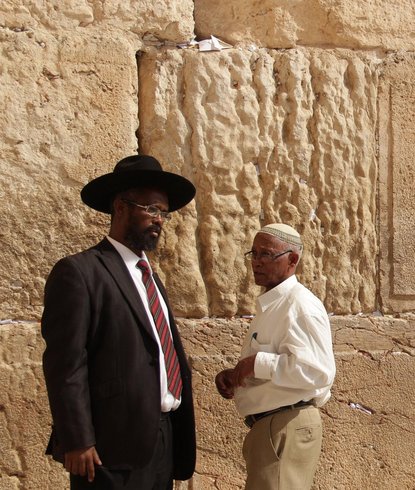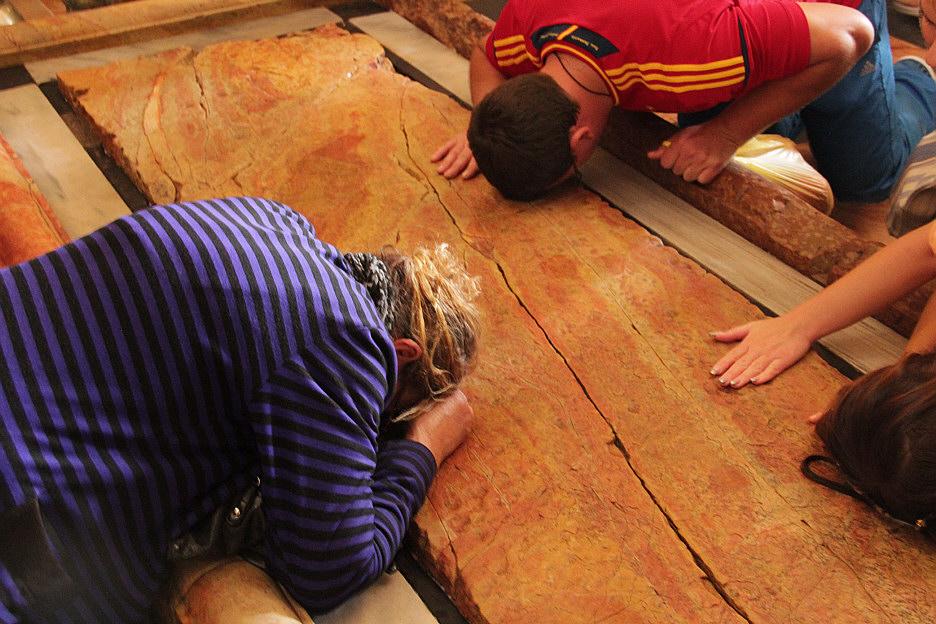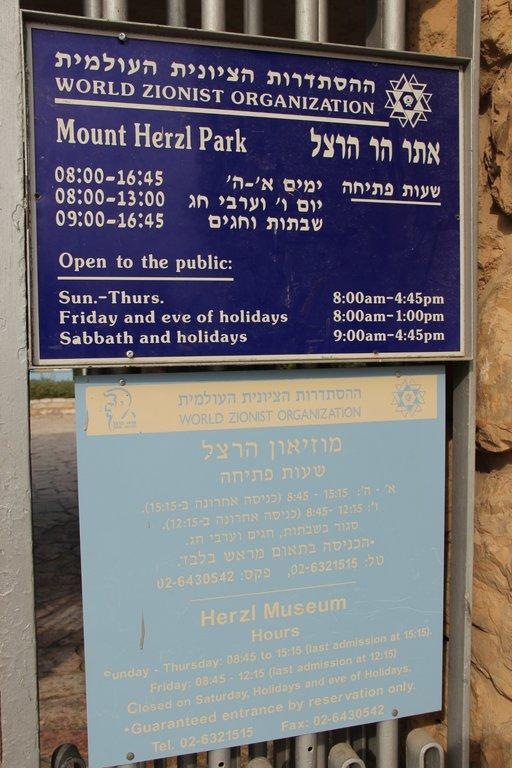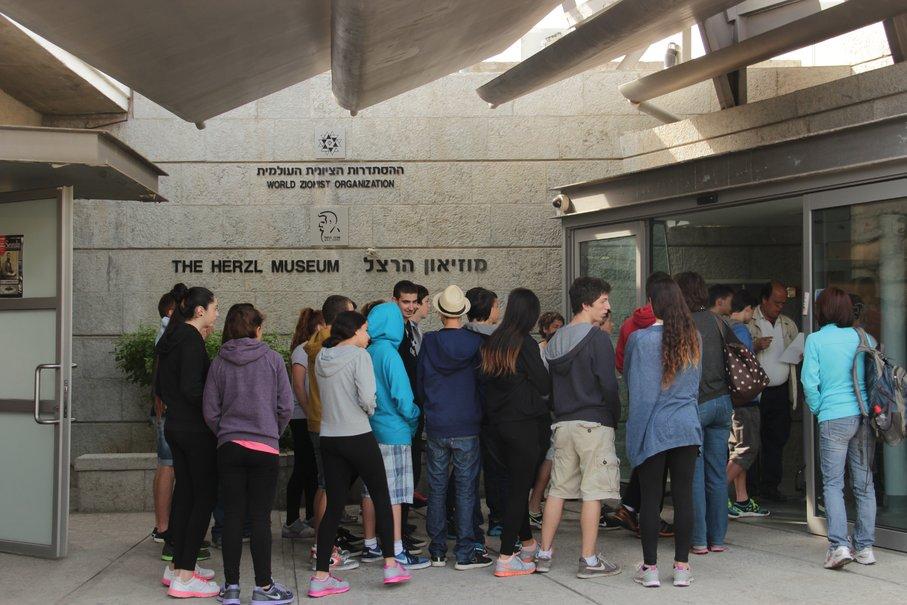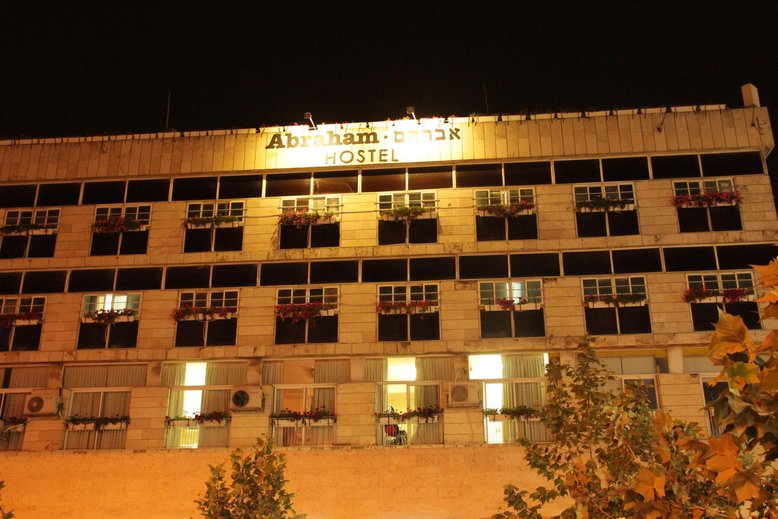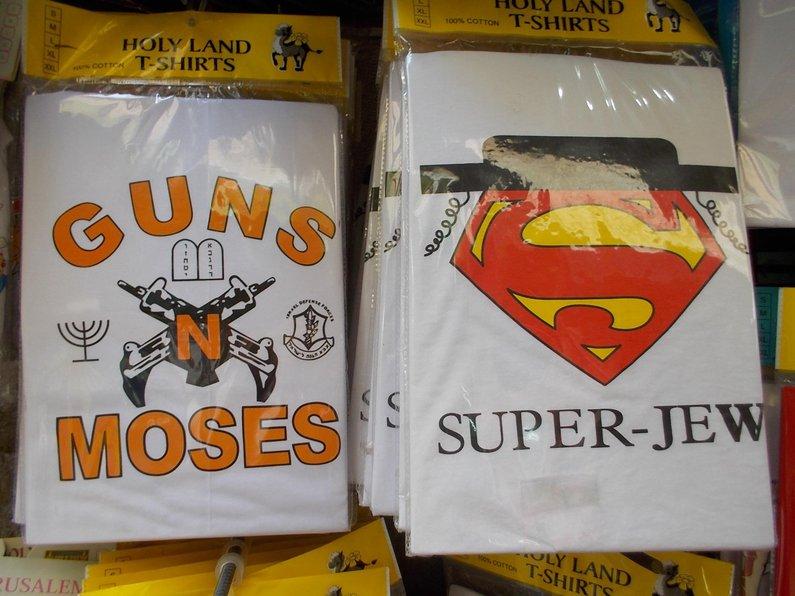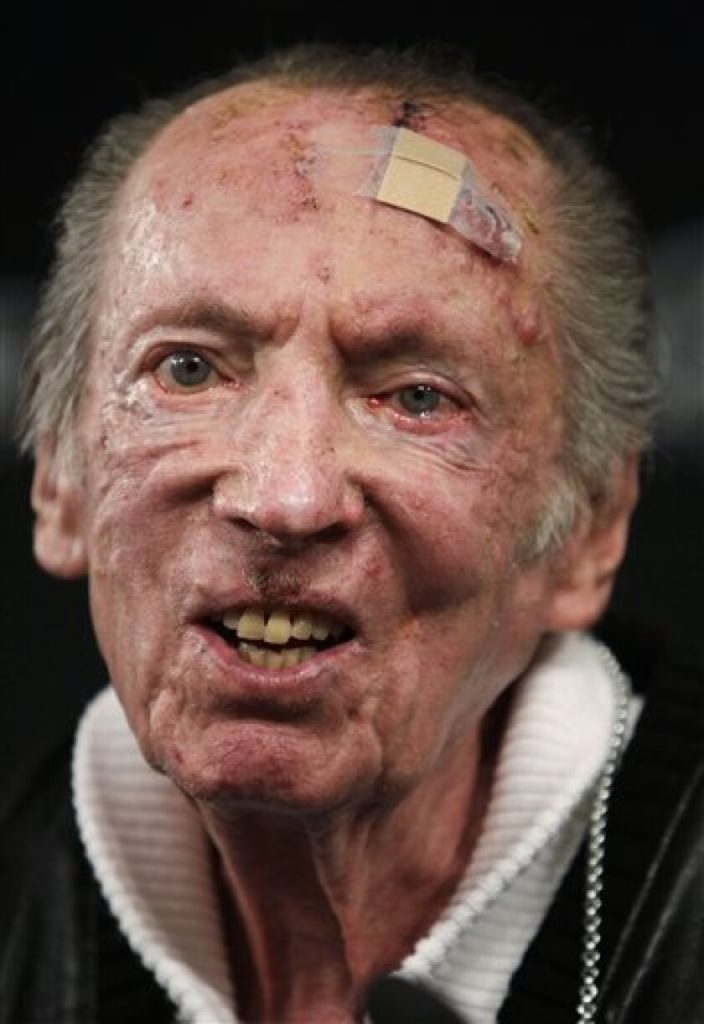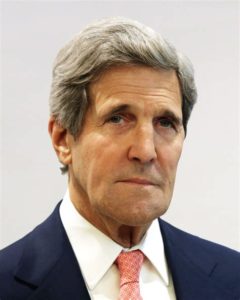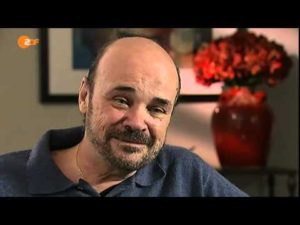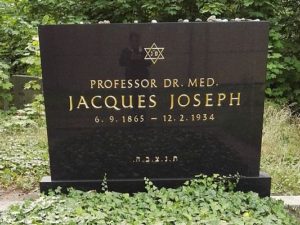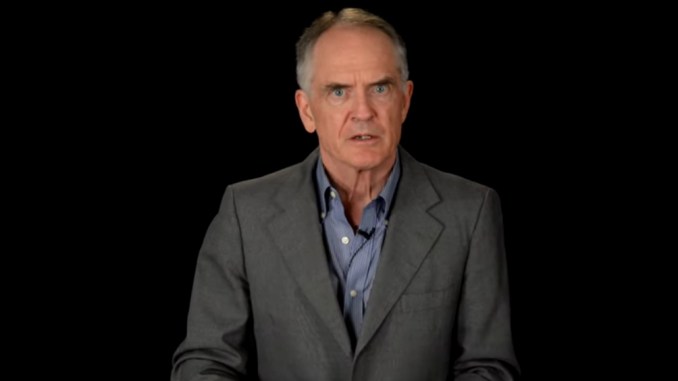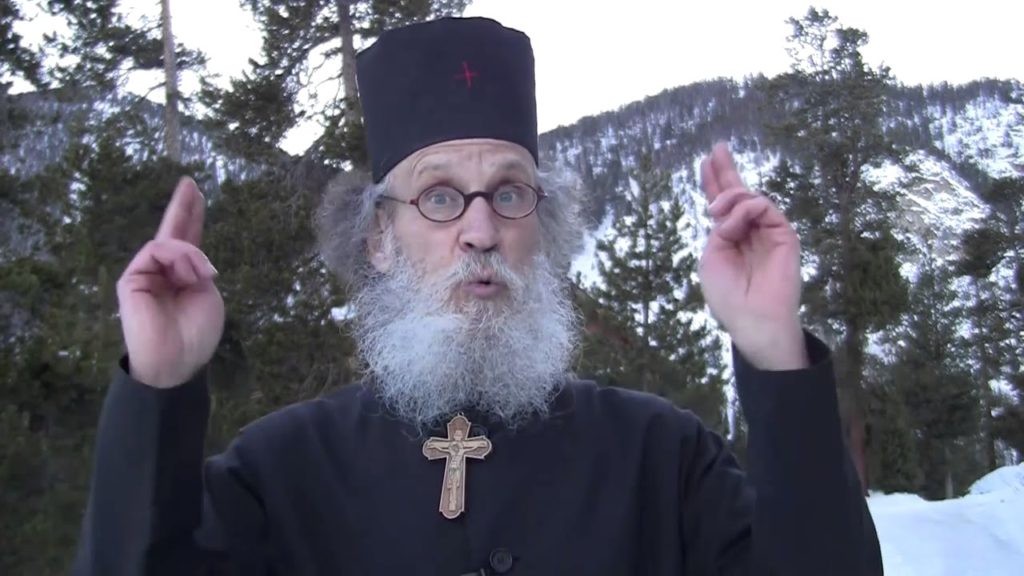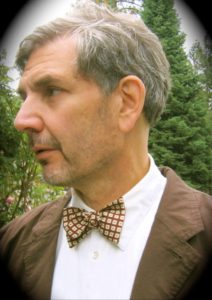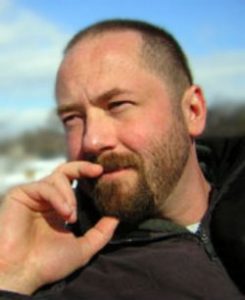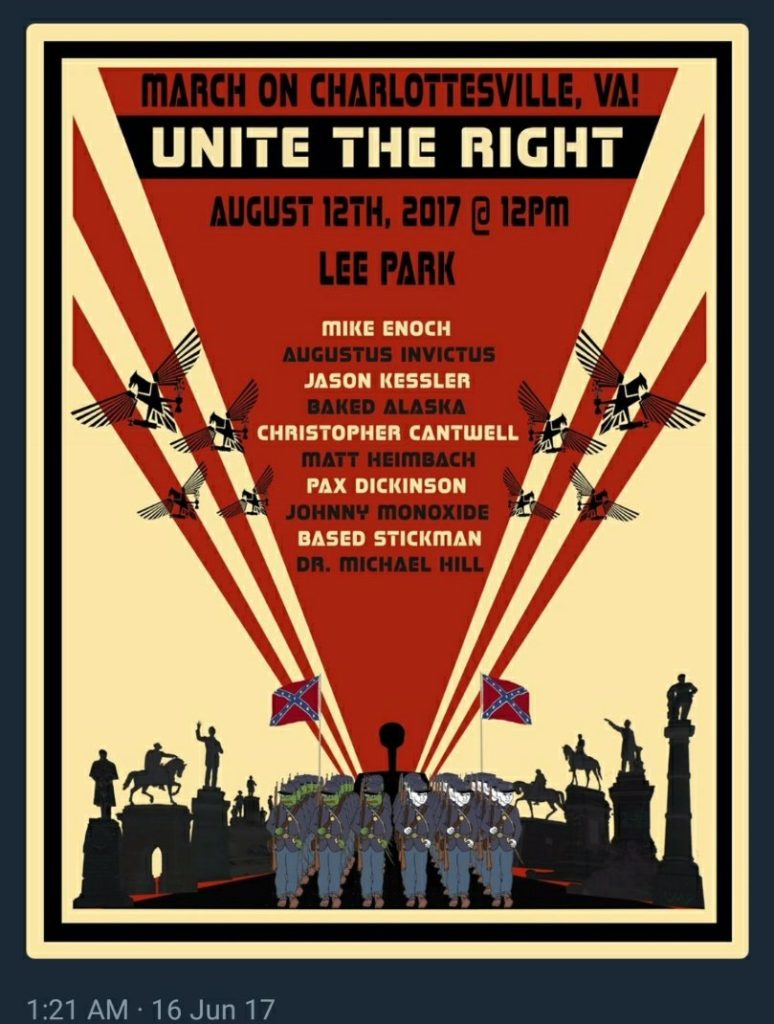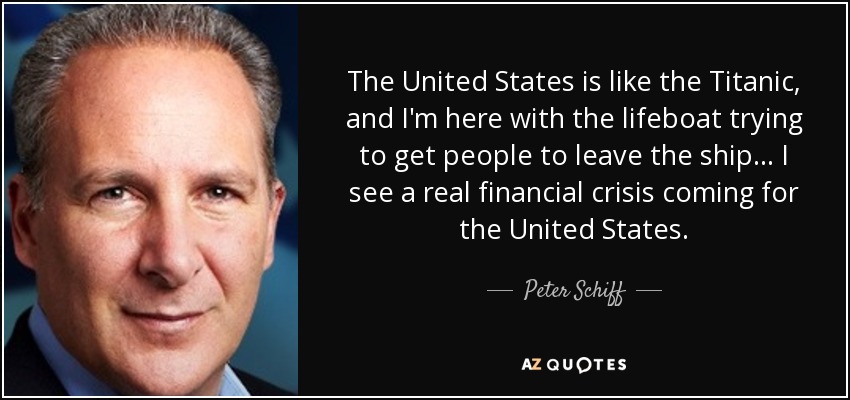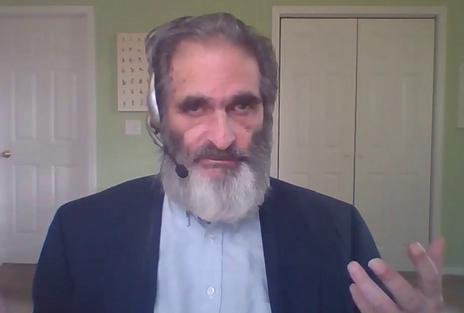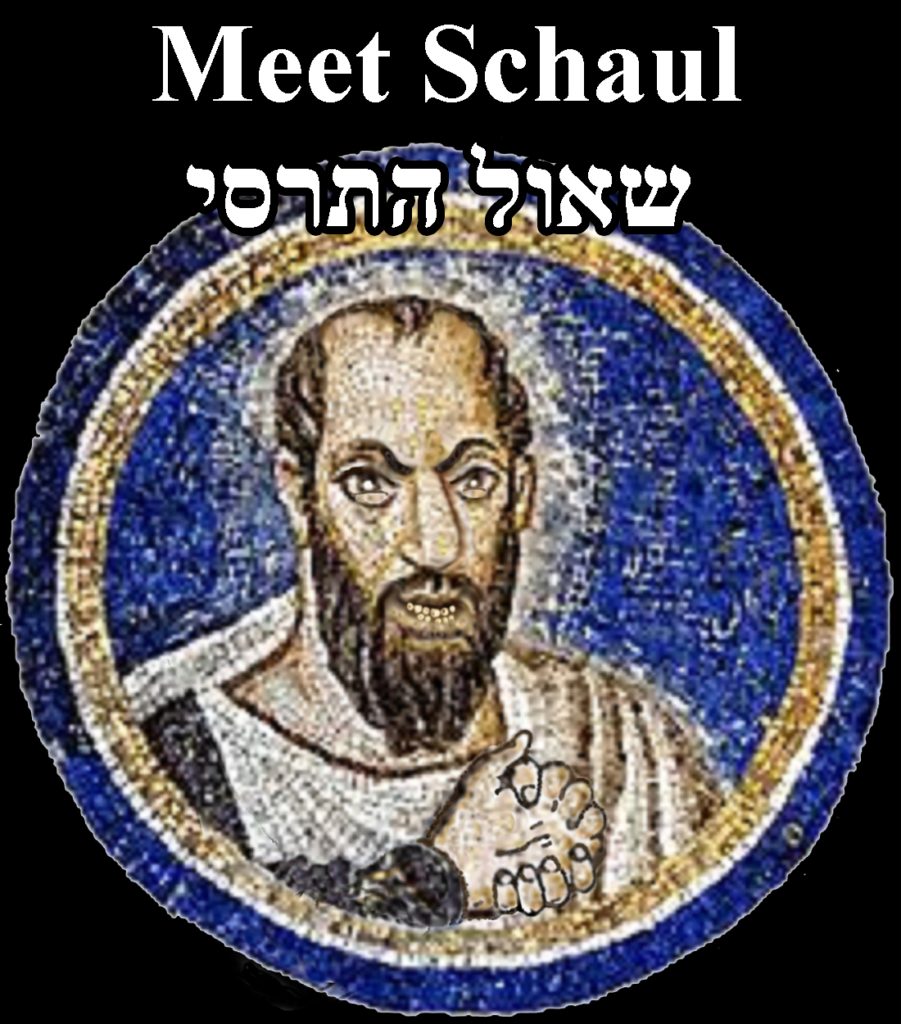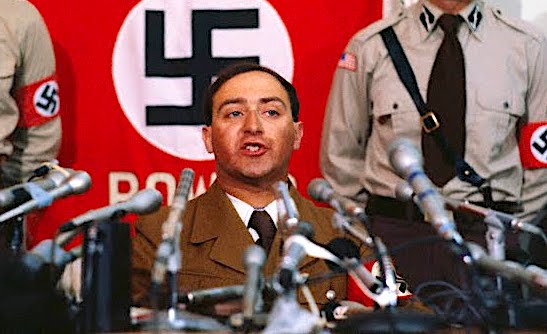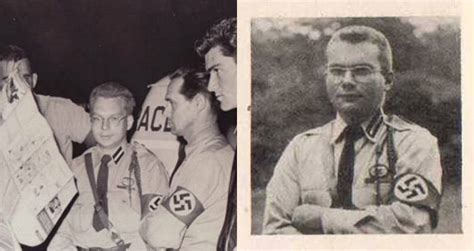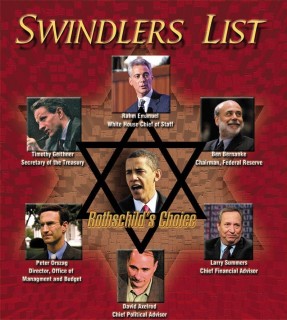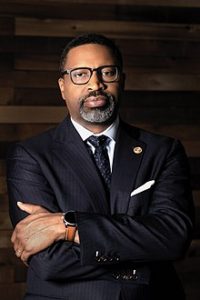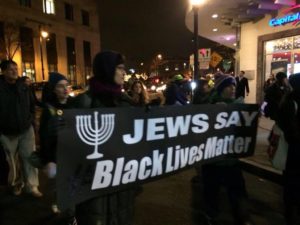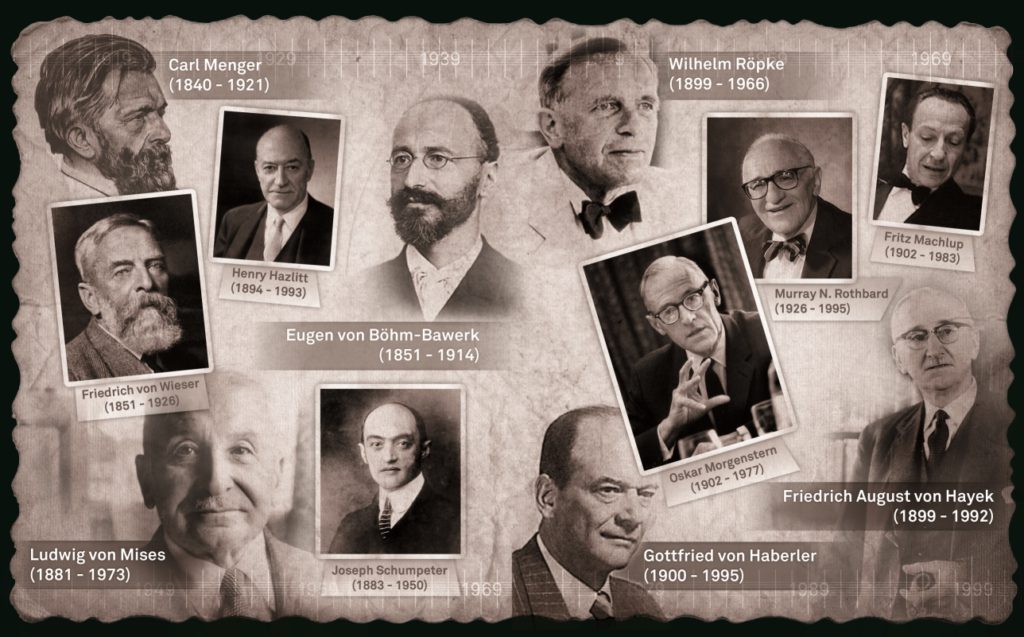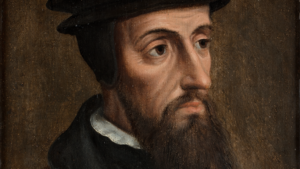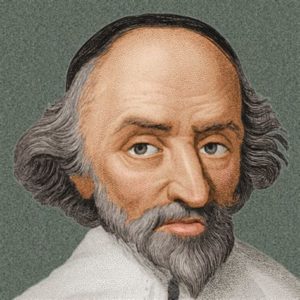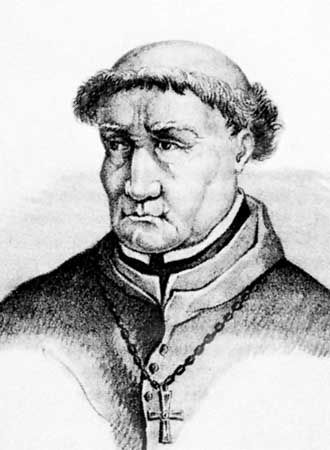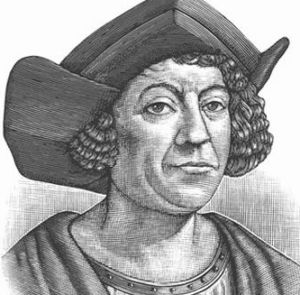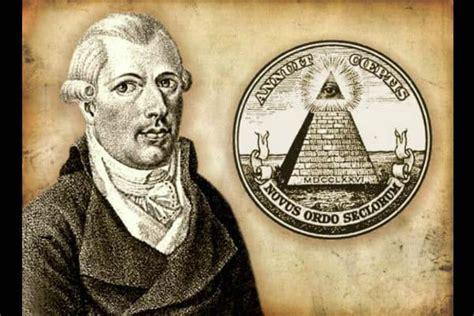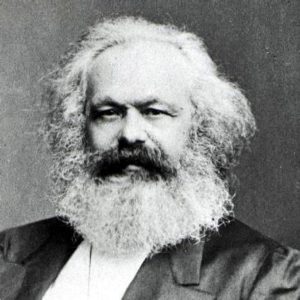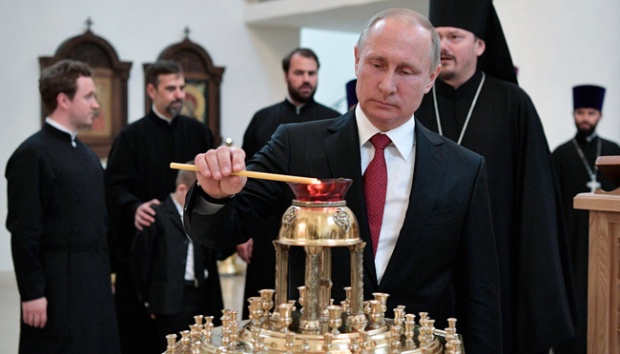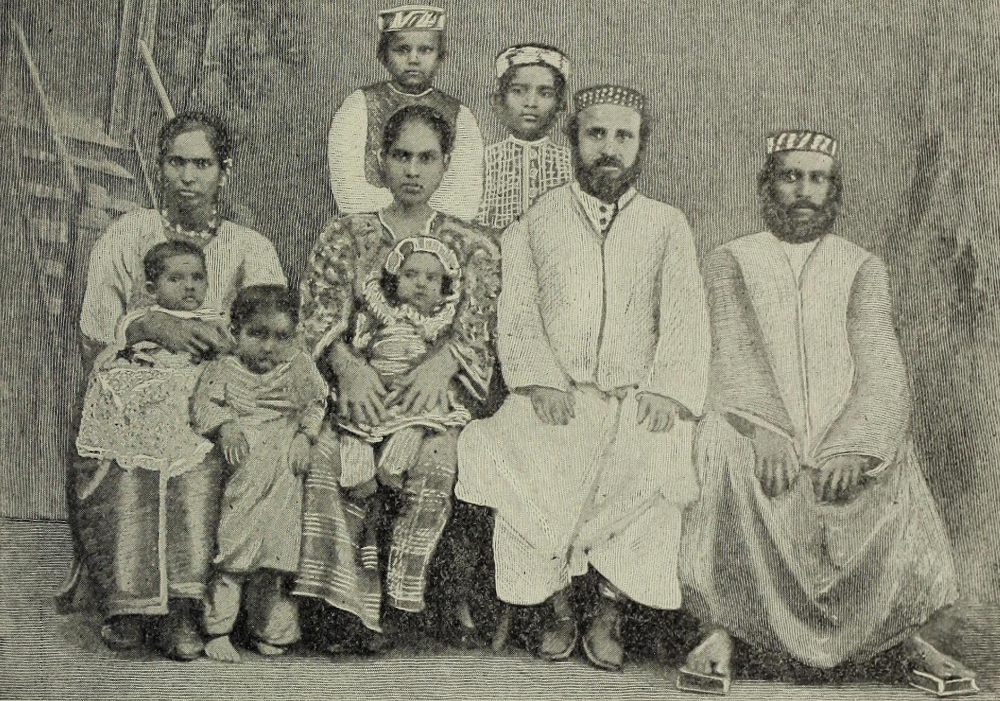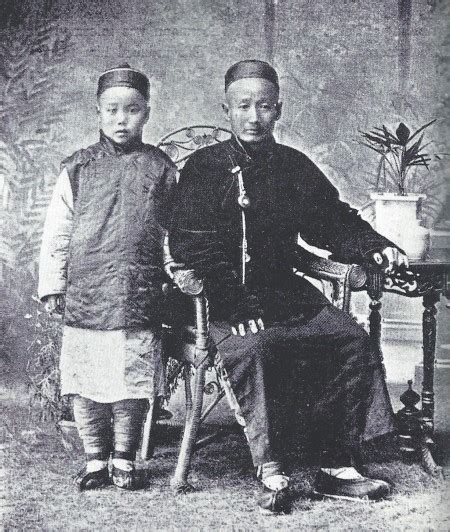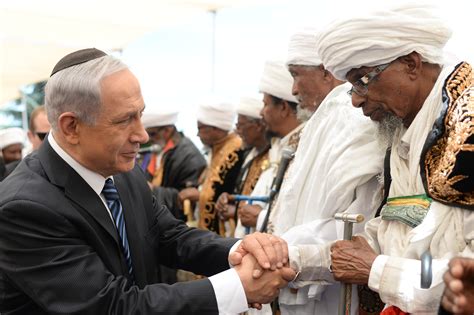The following is from Subverted Nations, which is no longer online:
https://web.archive.org/web/20220210114834/http://www.subvertednation.net/jew-lists/jewish-surnames/
Jewish Surnames
This is a comprehensive list of Jewish surnames (last names). While this list is extensive, it is not complete. NOTE- THERE ARE A FEW NAMES WITHIN THIS LIST THAT ARE ALSO USED BY SOME NON-JEWS. Usually, when enough Jews take certain Gentile names, more and more non-jews stop using those names, but there are cases when old family names survive. The original names were not jewish. There are also exclusively Jewish names such as Levi, Cohen, Stein; variations, prefixes such as “Eisen,” “Lev” “Rabin,” “Roth,” suffixes such as “baum, berg, witz, feld, lieb, thal, stein, and middle, (before the last name)- “Ben” and “Bar,” to cite a few examples. Most of the names listed below are almost exclusively used by Jews. In addition, many Jews take Gentile names in order to hide their Jewish identity. Many Jewish names also have to do with extreme wealth, money, “Gam” (tax collector), “Goveh” (treasurer), “Gold” “Goldberg” (mountain of gold), Silver, Silverstein (silver stone), Greenberg, Lehman (money lender), and so forth.
Here are the most common Jewish names likely to be encountered by non-jews:
-Names ending in “-berg” (Goldberg, Weinberg, etc.)
-Names ending in “-man” (Goldman, Lightman, etc.)
-Names ending in “-stein” (Einstein, Perlstein, etc.)
-Names that sound “precious” (Gold, Silver, Diamond, etc.)
-Names ending in “-ler” (Adler, Midler, etc.)
-Names ending in “-ner” (Asner, Lardner, etc.)
-Names ending in “-lin” (Gitlin, Sheindlin, etc.)
-Names ending in “-witz” (Horowitz, Rabinowitz, etc.) or “-itz” (Kravitz, etc.)
-Names ending in “-baum” (Teitelbaum, Metzenbaum, etc.)
-Names ending in “-off” (Chartoff, Berkhoff, etc.)
-Names ending in “-nik” (Resnik, Mitnik, etc.)
-Names ending in “-thal” (Blumenthal, Rosenthal, etc.)
-Names ending in “-ling” (Spelling, Sperling, etc.)
-Names ending in “-sky” (Barshefsky, Linsky, etc.)
-Names ending in “-farb” (Himmelfarb, Goldfarb, etc.)
-Names ending in “-feld” (Seinfeld, Rosenfeld, etc.)
-Names ending in “-stone” (Wellstone, Firestone, etc.)
-Some, but certainly not all, names ending in “-son” (Abelson, Josephson, etc.)
-Surnames that sound “Biblical,” e.g., David, Joseph, Abram or Abraham, Moses, Benjamin, Isaac, etc.
Index of Jewish Surnames/Last Names, beginning with the letter A
Aaron Aaronin Aaronsen Aaronson Aaronstein Abba Abel Abelson Abendana Aberke Aberl Aberlein Aberlieb Aberzuss Abil Abrabanel Abraham Abrahm Abrahmsohn Abram Abrami Abramin Abramov Abramowitz Abrams Abramsky Abramsohn Abramson Abravanel Abravaneln Absalom Abudraham Abulafia Abzug Achselrad Ackerman/n Acosta Adele Adelman Adelman/n Adelson Adelstein – “precious stone; very expensive” Ader Adler Adler-Adonoilom Admon Adolescenti Africk Afrom – variation of “Ephraim” Agosi Agozi Agranat Agron Agronsky Ahavah Ahikam Ahitov Ahl Ahuvah Akabiah Akashia Akiba Album – variation of “Weiss” Alcalay Alembik Alfandari Algus Aliyah Alizah Alkus Alper Alpern Alpert Alpron Alter Alterman Altfeld Altmann Altneu Altschul Altschuler Altshule Amdur Amdursky Amschel Amsel Amsle Amsler Amster Anastasios Anav Ancier Andrussier Anixter Ansbach Anschel Antman/n Anzieher Apel Apelopwitz Apfelbaum Appel Apt Apter Aren- variation of Aaron Arfa Arkin – variation of Aaron Arkules Aron, variation of Aaron Aroni, variation of Aaron Aronin, variation of Aaron Aronoff, variation of Aaron Aronoff, variation of Aaron Aronov, variation of Aaron Aronow, variation of Aaron Aronowitch, variation of Aaron Aronowitz, variation of Aaron Aronson, variation of Aaron Aronstam Aronstein Aronthal, variation of Aaron Aryeh Arzt Asael Asaf Asch Aschenheim Aschenheimer Ascher Aschheim Ash Ashburg Ashendorf Ashkenazi – this name used to mean “German” (Gentile) until the 17th century when many European jews migrated to Asia Minor, where they were given this name by Turkish jews to identify them as coming from the German territories. Ashman/n Ashner Askush Asner Aspis Astruc Astruc Atar Atlin Atzmon Auerbach Auslander Auspitz Austern Averik Avigaal Avigad Avigdor Avil Avindam Aviram Avi-Shaul Avraham Avrech Avril Avrom Awerbuch Axeldar Axelrad Axelrod Axelrood Ayalah Ayelet Ayzenschtat Azariah Azria Azzopardi
Index of Jewish Surnames/Last Names, beginning with the letter B
Bab Babad Bacharach Bacher Bacherach Bachrach Bachrich Bad Badanes Bader Badt Baer Bailin Bak Bakst Balaban Balak Balfur Balsam Balta Balter Bamberg Bamberger Banet Bar Barad Baram Baratz Barbakoff Barch Bard Bardach Bardowitz Barg Bar-Gada Bar-Ilan Barkan Bar-Kokhba Barlas Barmak Barmash Barmat Bar-Nathan Baron – variation of ‘Bar-Aaron” (son of Aaron) Barr Barron Barrstein Barshay Barth Baru Baruch Barukh Barukh Bar-Yehuda Barza Bas Basch Bashe Basheva Baskin Baskind Bass Bassan Bassani Bassovsky Basyah Batnick Batusanschi Batyah Baum Bauman/n Baumgarten Baxt Bayla Bechar Becher Bechor Bechtheim Becker Beckerman/n Beckman/n Bedwinek Beederman/n Behar – variation of “ben-harav” Behokhmah Behrman Beifuss Beilin Beilke Bekher Bekhorath Belier Belka Belkin Bellow Belmont Belmonte Belofsky Belzer Ben Bender Bendit Bendit Bendor Ben-Gurion Ben-Horin Benjamin Benowitz Ben-Shahar Bensheim Bensinger Ben-Tikvah Bentwich Benveniste Ben-Zahav Ben-Zvi Ber Berakhiah Berg Berger Bergman/n Berish Berkal Berkman/n Berko Berkovits Berkowitz Berl Berlin (Nothing to do with the city. The name means “Son of Berl’) Berliner Berman Bernbaum Bernheim Bernick Bernstein – derived from “dealings with amber” Bertinero Beshanim Beshar Besser Bethel Bettelheim Bettsack Betzalel Biback Biber Bibick Bickel Biederman/n Biegeleisen Bildhauer Bilu Binder Bing Birnbaum Bistritzky Bitensky Blacher Black Blaser Blashki Blaszka Blau Blaustein Blecher Blechman/n Bleich Bleiweiss Blitstein Bloch Block Bloom Bloomberg Bloomfeld Bloomfield Bloomingdale Blowitz Blozer Bluestein Blum Bluma Blumenberg Blumenfeld Blumengarten Blumenheim Blumenkrantz Blumenkrohn Blumenreich Blumenstein Blumenstock Blumenthal Blumfeld Blumkin Blustein Bobroff Bochner Bodanis Bodek Bodenstein Bodner Boerne Bogatch (Polish- meaning “wealthy”) Bogati Bogolub Bogoraz Bohm Boim Bokser Bollag Bolotin Bondi Borer Bornstein Borodaty Boros Borowsky Bortnik Boruchschomer Botbol Botnick Botstein Botushansky Botwinnik Boxerman/n Boyer Brach Bradt Brady Braf Bragin Brainin Bram Bran Brand Brandão Brandeis Brandelstein Brander Brandler Brandwein Brann Brasch Brat Braude Braunfeld Braunschild Braunspan Braunstein Braunthal Braverman/n Breger Breindel Breine Bremel Brender Brenner Breuer Brewda Breyer Brickenstein Brik Brill Brilliant Brim Brisch Brock Brockman/n Brod Broder Brodner Brodsky Brodt Brody Brog Broitman/n Bromberg Bronfman/n Bronfn Bronstein Brosch Brostoff Brownstein Bruck Bruckenstein Bruckstein Brüll Buber Buchsbaum Buchwald Bufman/n Bukspan Bulka Bunim Burack Burla Burstein Buschbaum Buxbaum
Index of Jewish Surnames/Last Names, beginning with the letters C, D, and E
C Cahan- variation of Cohen Cahen- variation of Cohen Cahn- variation of Cohen Calish Cantarini Cardozo Carlebach Caro Casdan Cassirer (Yiddish for Cash) Castro Casuto Chabas Chabin Chabner Chagall Chai Chaikin Chaim Chait Chalef Chalfan Chamedes Chameides Chamides Chamudes Chanen Chanin Chankin Chapiro – variation of Shapiro Charlap Charmatz Charness Charnis Charrik Charry Chasin Chasins Chason Chatan Chavkin Chayes Chayim Chayyah Chazan Chazzan Cherkasky Cherniak Chernik Chernoff Chernoffsky Chiel Chiger Chiya Chodes Chodesh Chodosh Chomsky Chorney Chubin Chubinsky Chudnow Citron Cogan- variation of “Cohen” Cohan- variation of Cohen Cohen -(Exclusively Jewish name) Cohn- variation of Cohen Cohnheim- variation of Cohen Cohnstein- variation of Cohen Cole Colombo Cone– variation of Cohen Consolina Cooper (Some Gentiles also use this name) Cooperman/n Cornberg Cornblith Cornblum Cornfein Cornfeld Cornfield Corngreen Corngut Cornpracht Cramer Cresca Csillag Czaczkes D Da Costa Damrosch Danto- variation of “David” Daskal Daskelowitz Daube Dauber David Davidovitch Davidowitz Davidson Davis Dayag Dayan De Haas Dekovnick Del Medigo Del Vecchio Dembitz Dewoskin Diamant Dick Dickenstein Dickstein Dienesmann Dieudonné Diofatto Dissen Ditzah Dobe Dobkin Dobrin Dohm Dolinsky Dorfman/n Doron Drach Dratwa Drechsler Dreebin Dreifuss Dresner Dressler Drexler Drexsler Dreyfus Dreyfuss Druck Drucker Dubin Dubofsky Dubow Dubowsky Duchan Duchen Duchin Duchovny Dukhen Dunkelman/n Durchschlag Dushkin Duskin Duvdevani Dvoshke Dym E Eberman/n Ebril Eckstein Edel Edelman/n Edelsberg Edelstein Efer Efroike Efroikin Eger Egers Ehmann Ehren (all names with “Ehren” are variations of Aaron) Ehrenberg Ehrenfeld Ehrenfest Ehrenfreund Ehrenfried Ehrenfrucht Ehrenhaft Ehrenhaus Ehrenkrantz Ehrenpreis Ehrenreich Ehrenstamm Ehrenstein Ehrenteil Ehrenthal Ehrentreu Ehrenzweig Ehrlich Ehrman/n Eibenschitz Eibenschütz Eibeschütz Eichel Eichhorn Eichler Eidels Eifer Eiferman/n Eige Eiger Eiges Einhorn Einstein Eisbart Eise Eiseman/n Eisen Eisenbach Eisenberg Eisengarten Eisenheim Eisenhower Eisenkraft Eisenman/n Eisenstadt Eisenstam Eisenstark Eisenstein Eisinger Eisler Eisman/n Eisner Eisnick Eissig Eizik Elath Elazar Elbaz Elchanan Eleazar Elhanan Eliakim Elias Eliasaph Eliezer Elijah Elimelech Elimelekh Elishama Elishaphat Elkan Elkin Ellbogen Ellenbogen Ellman/n Elman/n Elnathan Elow Elowitz Elya Emale Embden Emden Engel Engeler Enker Entin Enzil Enzlin Ephraim Ephrat Ephron Ephros Eppenstein Eppstein Epsteen Epstein Erlanger Eshkol Espérance Esperanza Esterine Esterman/n Esterson Estrin Ettinger Ettlinger Evron Ewig Ewigkeit Eybeschitz Ezekiel
Index of Jewish Surnames/Last Names, beginning with the letter F
Fagan Fagin Faibisch Fairchild Falk Falkenberg Falkenfeld Falkenheim Falkenstein Falkenthal Falkheim Farber Farkas Fassbinder Fayvel Feder Federbusch Federman/n Feibelman/n Feig Feige Feigel Feigelman/n Feigelstock Feigenbaum Feigenblat Feigin Feigler Feigon Feilchenfeld Fein Feinberg Feiner Feinerman/n Feingold Feinman/n Feinsilver Feinstein Feis Feischl Feitel Feivel Feivis Feivish Feivus Fekete Feld Feldbaum Feldblum Feldhaus Feldheim Feldinger Feldleit Feldman/n Feldscher Feldstein Feller Fellerman/n Fellner Felltrager Felman/n Felsen Felsenbach Felsenberg Felsenstein Felsenthal Felsher Feltenberg Fenichel Fenster Ferber Fertel Fetterer Feuchtwanger Feuer Feuerstein Fiedler Figel Figler Figlin Filehne Filene Filler Fine Fingerhut Fink Finkdorf Finke Finkel Finkelstein (dealing in diamonds) Finkenfeld Finkerfeld Finkheim Finkhof Finn Finzi Firestone Fisch Fischbein Fischel Fischer Fischman/n Fiscl Fishkin Fishkind Fishman/n Flacksman/n Flaks Flasch Flaschin Flax Flaxman/n Fleischer Fleischhaker Fleischhauer Fleischman/n Flesch Flexner Florscheim Florsheim Floss Flosser Fogel Fogelbaum Fogelman/n Fogelsang Fogelsdorf Fogelson Fogelstein Fonseca Forman Forscheim Fortel Forti Fradkin Fraime Fram Frank Frankel Frankfurter Frayda Freeman Freilach Freilich Frenkel Freud Freudenberg Freudenfeld Freudenfels Freudenheim Freudenreich Freudenstein Freudenthal Freudman/n Fried Friedel Friedenheim Friedenson Friedenstein Friedenthal Frieder Friedheim Friedjung Friedland Friedländ Friedlich Friedman/n Friedson Friedwald Frohlich Froike Froikin Froikin – variation of Ephraim Froim Fromel Fromer Fromkin Fromm Frommer Frosch Fruma Fuchs Fudim Fudm Fudym Fuld Funk Furrier Fürth Fürther Futorian Futterman/n
Index of Jewish Surnames/Last Names, beginning with the letter G
Gabbai Gabel Gabler Gad Gaffen Galinsky Galpern Gam Gamliel Gamoran Gans Garfinkel Garfunkel (dealings with diamonds) Garland Garmaize Gartenhaus Gaster Gedaliah Geduld Geffen Geffner Geiger Gelbart Gelber Gelfman/n Geller Gellman/n Gendel Gerber Gersh Gershman/n Gershom Gershon Gershovitz Gerson Gerstein Gerstner Gertz Getz Getzel Getzl Gewirtzman/n Giblichman/n Giesser Gilah Gilden Gilman/n Gimbel Gimpel Gingold Ginsburg Ginzberg Giora Gittel Gittelmacher Gittelman/n Gittelsohn Gittelson Gitzok Glass Glassman/n Glatzer Glazer Gewirtz Glick Glickberg Glickin Glickman/n Glicksberg Glickselig Glicksman/n Glickstein Glickstern Gluck Gluckenspiegel Gnendel Goetzl Goiten Golan Gold Goldbart Goldbaum Goldberg Goldberger Goldblatt Goldblitt Goldblum Goldbrunn Golde Golden Goldenbaum Goldenberg Goldenthal Goldfarb Goldfeder Goldfish Goldfluss Goldhaber Goldhammer Goldheim Goldhirsch Goldich Goldkorn Goldkrantz Goldkraut Goldman/n Goldmann Goldmark Goldner Goldreich Goldsand Goldscheider Goldschild Goldschlag Goldschmidt Goldsmith Goldstadt Goldstaub Goldstein Goldstern Goldstrand Goldstrom Goldzweig Golomb Goltz Goltzer Goltzman/n Golub Gompers Gompertz Goodman/n Gordon (also used by many Gentiles, originally a Gentile name) Goren Gorenstein Gorfinkel Goronchik Gorwitz Gottesman/n Gottinger Gottlieb Gottstein Gotze Gougenheim Gould Goveh Grabber Graiver Granot Granovsky Gratz Graubart Green Greenberg Greene Greenhut Greenleaf Greenspan Greenspun Greenstein Greenstone Grinberg Grobtuch Gross Grossbart Grossinger Grossman/n Grozovsky Gruenbaum Guberman/n Guckenheim Guggenheim Guggenheimer Gumbeiner Gumpel Gumpertz Gumprecht Gunzburg Gunzelmann Gur Gurovitz Gurvich Gute Gutein Gutfeld Gutfreund Gutmacher Gutman/n Gutreich Gutstein Gutter Gutterman/n Guttman/n
Index of Jewish Surnames/Last Names, beginning with the letters H, I, and J
Haare Haas Haber Habib Hadash Hadassah Haffkin Haganah Hahn Hait Halafta Halevi Halevy Halfan Halper Halperin Halprin Hamashbir Hammerstein Hananel Hananiah Handel Handwerger Handwerker Hankin Hanoch Hardt Harif Harpaz Harris (also used by some Gentiles) Hart (also used by some Gentiles) Hartig Hartman/n (also used by some Gentiles) Hartog Hartwick Hartwig Harz Haspel Hassan Hatzkel Hauer Havah Havkin Hayt Hayyah Hayyim Hazan Hedvah Hefter Heifetz Heilbron Heilbronner Heilbrun Heilpern Heilprin Heilprun Heiman/n Heine Helfgott Heller Hellman/n Helpern Hendel Henkin Hersch Herschel Herschfus Herschson Herschstein Hersh Hershdorfer Herskowitz Herstein Hertzman/n Hertzmark Herz Herzbach Herzberg Herzbrunn Herzfeld Herzl Herzlia Herzog Heskel Heuer Heyman/n Hezekiah Hickman/n Higger Hildesheim Hillel (Hillel is also the name for the Jewish center on college campuses) Hillman/n Himmelfarb Hinda Hindes Hindin Hirsch Hirschbaum Hirschberg Hirschberger Hirschbruk Hirschburg Hirschfeld Hirschfield Hirschhaut Hirschhorn Hirschkopf Hirschkorn Hirschler Hirschman/n Hirschthal Hirschwald Hirsh Hirz Hirzh Hirzhman/n Hite Hittelmacher Hode Hodel Hodes Hodesmann Hodi Hoffman/n (also used by Gentiles) Hofstadter Holtz Holtzer Holz Holzer Holzman/n Hoos Horn Hornstein Hornthal Horowitz Horre Horwitz Houseman/n Huberman/n Hudel Hyman Hymen Hyrcanos Ibn Ichel Idelson Ifland Ignatz Imber Ingber Irving Isaac Isaacsohn Isaacson Isaakovitch Isak Ishmael Isidore Israel Israelin Isril Isser Isserl Isserles Isserlin Itkin Itts Itzhaki Itzhakin Itzig Itzik Itzkovitz Itzl Jacob Jacobin Jacobsen Jacobson Jaffe Jaffin Jastrow Javitz Jehoshaphat Jellenik Jellin Jellinik Jephthah Jerusalimsky Jessel Jesselman/n Jewison Jochanan Joffin Joske Judah Judel Julius Jurnove
Index of Jewish Surnames/Last Names, beginning with the letter K
Kabakoff Kacev Kaciff Kadar Kadoorie Kadury Kafka Kagan – variation of Cohen Kaganoff – variation of Cohen Kahane – variation of Cohen Kahn- variation of Cohen Kaiserman/n Kalisch Kalischer Kalman/n Kalonymos Kaluzna Kamin Kaminetzsky Kamins Kammerstein Kane– variation of Cohen Kansi Kantor Kapke Kaplan Karelitz Karlin Karliner Karlinsky Karlman Kartagener Kashdan Kaskel Kaspi Kassirer (Yiddish for Cash) Katz Katzenellenbogen Katzenstein Katzer Katziff Katzin (rich) Katzman/n Katzoff Katzovitz Kaufman/n – also used by some Gentiles Kavinoky Kavka Kavner Kawka Kay Kaye Kayla Kazan Kazhdan Kedoshim Kele Kelman/n – (also used by some Gentiles) Kelpfish Kemmelman/n Kemp Kemper Kempenich Kempler Kesef Kestenbaum Kevod Kibalti Kibaltic Kimchi Kimmelman/n Kirchen Kirchstein Kirmeyer Kirsch Kirschdorf Kirsche Kirschenbaum Kirschenberg Kirschenblatt Kirschenzweig Kirschheim Kirschner Kirstein Kirsten Kirzner Kisch Kisselevich Kissinger Kissner Kitay Kivel Klapholtz Klass Klausner Kleban Klein Kleinman/n Kleinsinger Klinger Klippfisch Klopman/n Kluger Klugman Knesset Kobel Kobrin Kochabi Kodesh Koenig Koenigsberg Kofman/n Kogan Kogen Kohanim – variation of Cohen Kohen– variation of Cohen Kohlberg Kohn– variation of Cohen Kohut Kojeteiner Kolatch Kolben Kolitz Kolodkin Kolodny Kompert Kone– variation of Cohen Konotopsky Kopel Kopelman/n Kopeloff Kopelovitch Kopke Koppel Koppelman/n Korentayer Korf Korff Korn Kornberg Kornfeld Kornfield Korngold Kornreich Korshak Koshes Koslowsky Kossowsky Kotelschik Kotlar Kovalsky Kovarsky Kozin Kraines Krainin Kramer Krasny Kratchmer Kraus Kraushaar Krauskopf Krauss Kreindel Kreine Krensky Kretske Kretskes Krichevsky Krieger, Kriegman/n (This name is also used by Gentiles) Kripke Krischer Krochmal Kronish Krulewitz Krumbein Krupnick Kuhn– variation of Cohen Kulefsky Kulikowsky Kulp Kumpert Kupietz Kuppenheim Kurtz Kus Kushner Kusiel Kusmann Kutner Kutoff Kuznitsky Kwilecki
Index of Jewish Surnames/Last Names, beginning with the letter L
Lachman/n Ladany Laffer Lagover Lakin Lamdan Lamech Landau Landman/n Lang Langsam Lansky Lanzner Lapidus Lapin Lapman/n Lasar Lash Lasker Laskov Laskowitz Lautenberg LaVine Lawentman/n Layb Lazarowitch Lazarus Leah Leahy Lebeau Lebedoff Leblang Lebovitch Lebow Lebowitz Leder Lederer Leeser Leff Lehman/n (money lender) Lehner Lehrer Leibowitz Lekach Lekachman/n Lemberger Leml Lemlin Lempert Lenchitzky Leno Lenoff Leorekh Lepavsky Lepretre Lerner Leser Lev Levandula Levenson Levey Levi (Exclusively Jewish, including all variations- prefix, middle of the name, suffix, “Lev”) Levigne Levin Levine LeVine Levinsky/i Levinstein Levinthal Levitan/sky or ski Levitch Levite Levitt Levitz Levy Lewin Lewin Lewis Leyisrael Leyser Liba Libschitz Licht Lichtenberg Lichtenfeld Lichterman/n Lichtman/n Lichtzer Lieb Lieberman/n Liebman/n Liebowitz Lifschitz Lifshitz Ligorner Lilienthal Linetsky Linker Lipa Lipes Lipis Lipkin Lipman/n Lipschitz Lipschuetz Lipsky Lis Lisagor Liss Litant Litaur Litman/n Littauer Littman/n Litvak Litwack Litwin Locker Loeb Loetstein Lome Long Lopata Lopatnik Lopatnikov Lopez Lorge Lorig Lorsch Lotstein Löw Lowenbraun Lowenstein Lowitz Luban Lubar Lubarsky Lubin Lubowitz Ludwig Luepschuetz Lugner Lukatzsky Lunz Luria Lurie Lurje Lustig Lutz Luzzati Luzzato Lysagora
Index of Jewish Surnames/Last Names, beginning with the letter M
Maccabi Macht Magid Magida Magidson Magit Magtaz Mahalalel Mahler Maimon Maites Maitin Maizlish Malachi Malawsky Malbim Malech Malev Malevsky Malin Malkah Malkes Malkiel Malkin Malkinson Malkoff Malkov Mall Malter Maltin Manba Mandel Mandelbaum Mandelblum Mandelbrodt Mandelbrot Mandelman/n Mandelstam Mandelstamm Mandelsuss Manewith Manewitz Maniowitz Manisch Manischewitz Manishen Mankovsky Mankuta Mann Mannheim Mannish Mannsky Manoah Mapu Maram Marans Marantz Marburg Marcuse Maremont Margalit Marganit Margolin Margolioth Margolis Margolouth Marguiles Margules Margulies Margulis Marhuc Markowitz Marks Marmelstein Marpurch Marpurg Marshak Marx Mashbir Mashbitz- setter of jewels Mashgiah Maslin Mass Matanky Mattathias Mattis Mattisoff Mattison Mattityahu Mattiyahu Mautner May Mayefsky Mayer Maymin Maza Mazal Mazur Meckler Medinah Meer Meersand Mehler Mehlman/n Meir Meisel Meislish Meisterlin Meites Meitin Melamed Melber Melezin Mellitz Melnick Melnikoff Meltsner Meltz Meltzer Melzner Menachem Menachim Menaheim Menahem Menaker Menasche Menba Menche Menchen Mendel Mendelberg Mendelheim Mendelovitch Mendelovitz Mendelsberg Mendelsohn Mendelson Mendelssohn Mendheim Mendthal Menke Menken Menkin Menlin Menuchin Menuhah Menuhin Menz Merman Merr- variation of “Meir” Merrick- variation of “Meir” Mervitz Meslin Messenger Metchik Metz Metzger Metzia Mevaser Meyer Meyerfeld Meyerhardt Meyerheim Meyeroff – variation of “Meir” Meyers Meyersberg Meyersicht Meyerstein Michel Mihály Milgrom Milhaud Miller – (this name is also used by many Gentiles) Millman/n Milstein Milton Minc Mince Mindel Minkche Minkovsky Minne Minowitz Mintz Miriam Mirman/n Mirsky Mirvis Mishkin Mishnah Mizera Mlotok Model Mogilner Mohel Molotok Monsky Montagu Montalban Montefiore (disambiguation) Morah Moran Mordecai Moreh Morenu Morgenstern Morgenthau Moritz Morpurgo Mosak – variation of “Moses” Moscheles- variation of “Moses” Moses Moshe- variation of “Moses” Moshia- variation of “Moses” Moskowitz- variation of “Moses” Moss- variation of “Moses” Mosse- variation of “Moses” Motche Moteff Motel Motele Motew Motke Motlin Motz- variation of “Moses” Motzkin- variation of “Moses” Mozak- variation of “Moses” Muchnik Mukel Munves Munz Mytofsky Mytosky Mytowsky
Index of Jewish Surnames/Last Names, beginning with the letter N
Nachman Nachman/n Nadel Naftalin Naftulin Naftulis Nagel Nager Nahman/n Nahum Naiman/n Naimon Najmark Namir Namslau Naparstek Naphtali Nardi Narkiss Narudetzki Nasati Nasatir Nash Nashelka Nass Natati Nathan Nathaniel Nathanson Naymark Neeman/n Nehamah Nehemiah Nehunyah Neiger Nelkin Nemirovsky Nerenberg Netzky Neumark Neviaser Nevler Newmark Nierenstein Nili Nissan Nissen Nissenbaum Nissenfeld Nissenholtz Nissim Novak Novick Nuger Nussbaum
Index of Jewish Surnames/Last Names, beginning with the letters O and P
Oberlander Ochakoff Ochs Ochsenschwantz Oder Oettinger Ofen Offen Ohringer Okner Okun Olshansky Onixt Oppenheim Oppenheimer Or Orbach Ore Oren Orenstamm Orenstein Orenthal Orke Orkin- (descendant of Aaron) Orlansky Orlik Orlinsky Ornstein Oron Or-tzion Orun Oshinsky Osina Osinsky Osterweil Ostrow Ostrower Ottensosser Ovosky Ozarovsky Pacifico Packer – (peddler) Pailet Paiser Panet Papernick Papiermeister Papirnyi Pappenheim Parchi Parness Pasch Pasternack Patinka Patinkin Pauker Pearl Pearlman/n Pechenik Peiman/n Peiser Pekarsky Peled Pelles Pelofsky Penner Perachiah Perah Perelman/n Peres Pergament Perles Perlin Perlman/n Perlmutter Perlow Perlowsky Perlstein Perlzweig Persky Pervin Peshe Peshke Peshkin Pessel Pevsner Pfaltzer Pforzheim Pianko Pick Pikelny Pilch Pinchofsky Pinchuk Pines Pinhas Pinke Pinkhas Pinner Pinsk Pinsker Pinsky Piser Pizer Plisken Plotkin Plotnick Podoloff Podolov Podolsky Polier Politzer Polka Pollack Pollock Polski Polster Pomis Poneviaser Popp Popper Poppers Porat Porath Portnoy Portugal Posner Potashnik Poticha Potok Prensky Prenzlau Presch Presser Primack Pringsheim Prinz Pritikin Prochownik Proskauer Pruzansky Pugatch
Index of Jewish Surnames/Last Names, beginning with the letter R
Rabad Rabak Rabb Rabbi Rabin Rabinovitch Rabinowitz Rackofsky Rackover Racoosin Racusen Racusin Radzik Rafael Rahamin Rakh Rakowsky Rakusin Ralbag Rambaum Raphael Raphan Rappaport Rashal Rashi Raskin Rasofsky Rathenau Ratner Rauchwerker- furrier Ravidovitch Rawitz Rayzel Razumny Rebhuhn Rebhun Redstone Reese Regensberg Regensburg Reich – variation of “Rachel” Reiche Reichel Reichelson Reichenbaum Reichenheim Reichenthal Reichman/n Reichner Reichstein Reifman/n Reines Reis Reisen Reiss Reiter Reitza Reitzes Rele Reles Remba Rembo Renah Rephun Resh Resnick Reuben Reuven Reysel Riback Ribalow Ribeisen Ribicoff Ribnick Richter Ridker Ries Riese Rifkin Rifkind Rimland Ringel Ringlet Rise Rivke Rivkes Rivki Rivkin Rivkind Rivlin Roback Rockoff Rödelheim Rofe Rofeh Rogoff Rogov Rogover Rogovsky Rogow Roman/n Rose Rosen Rosenbach Rosenbaum Rosenberg Rosenblatt Rosenblith Rosenblum Rosenbusch Rosendorf Rosendorn Rosenfarb Rosenfeld Rosenfrucht Rosengarten Rosenhaft Rosenhain Rosenhaus Rosenheim Rosenkrantz Rosenkwit Rosenmann Rosenschein Rosenstamm Rosenstein Rosenstern Rosenstock Rosenstrauch Rosenstrauss Rosenthal Rosenwald Rosenwasser Rosenwein Rosenzweig Rosh Roskin Rosmarin Rosow Rosshaelter Rossi Rossof Rossovsky Rostholder Roth Rothbart Rothberg Rothenberg Rothman/n Rothschild Rothstein Routenstein Rovner Roytbarg Rubashov Rubel Rubenchick Rubenstein Rubenzik Rubin Rubinfeld Rubinger Rubinstein Ruchames Ruffer Rush Rushnevsky Ruskin Ruttman/n Rymartz Rymer Ryter
Index of Jewish Surnames/Last Names, beginning with the letter S
Sacerdote Sachs Sahl Saks Salaman Salander Salant Salanter Salida Salinger Salmen Salmon Salomon Salpeter Salzman/n Sameth Samter Samuel Sandak Sandek Sanditen Sanvil Saperstein (deals with sapphire) Saphir (deals with sapphire) Sapoznik Saran Sarassohn Sarfatti Sason Sasportas Sassoon Satz Saunders Savit Savitt Savitz Savitzky Schach Schachtel Schaffer Schaffner Schalit Scharf Scharfman/n Scharfstein Schatz Schatzmann Schauer Schayer Schechter Scheier Schein Scheinberg Scheinberger Scheinfeld Scheinman/n Schemlke Schen Schenberg Schenberger Schenfeld Schenman/n Scher Scherer Schertzer Scheuer Schick Schiff Schimmel Schindler Schinkel Schlagbaum Schlamps Schlampps Schlechter Schleh Schleifer Schlesinger Schloss Schlossberg Schlossman/n Schmaltz Schmelkin Schmukler Schmulke Schnaittacher Schneebalg Schneider (some Gentiles use this name) Schnell Schnitman/n Schochet Schoenteil Schonbrunn Schorr Schram Schramm Schreiber Schreier Schreiner Schreter Schrift Schulhof Schulman/n Schulsinger Schultz Schupack Schupakevitch Schwab Schwartz Schwartzbart Schwartzberg Schwartzchild Schwartzenberg Schwartzman/n Schwarz Schwarzschild Schweid Schwersensky Sculsinger Scwartzen Seagal Seckel Seckl Sedlis Sefansky Seff Segal Segalowitch Segalowitz Segan Seidman/n Seidner Seigal Seigel Seiler Seixas Selda Selde Seldes Seldin Seldis Selig Seligman/n Selik Seltzer Senelnick Sered Sertels Sexton Shabad Shabbetai Shaffer Shafran Shaliah Shalom- Hebrew for “peace.” Often used as a greeting, like “hello” among Jews
Shames Shandalov Shaphat Shapiro Sharer Sharett Sharf Sharfman/n Sharlott Shatach Shatsky Shatz Shayna Shayndel Shazar Shelomo (Solomon) Shemo Shephatiah Sherer Shereshefsky Sherman/n Shertok Sheva Shevin Shick Shifra Shifrin Shigon Shik Shikolnik Shimke Shimme Shimmel Shimon Shimshelevich Shimshon Shimshon Shkolnik Shlensky Shlomit Shlomo (Solomon) Shlonsky Shmelke Shmuel Shmulik Shnayer Shnitke Shoenkind Shohet Sholk Shor Shoshan Shprinzel Shteyn Shtull Shub Shuldine Shulruf Shulvass Shulweis Sickel Sidelko Sidney Siedenfaden Siegal Siegbert Siegel Siegelman/n Siegfried Sigismund Sigmund Silber Silberberg Silberman/n Silver Silverberg (mountain of silver) Silverman/n Silvermintz (name of one in the money-lending business) Silvers Silverstein (jeweler) Simeon Simhah Simkin Simmon Simmons Simms Simon Simonsky Singer Sinilnik Sinykin Sirkes Sirkin Sirota Sivitz Sklar Skolnik Skora Skudin Skurnik Skyer Sladovsky Slava Slavin Slepin Sliva Sloma Slonimsky Slova Slovin Slutzky Sluva Smilansky Smoler Smorgansky Sobol Sofar Sofer Sokol Sokoloff Sokolow Sokolowsky Sokolsky Solarz Solinger Sollender Solodar Solomon Soloveichik Soref Sorke Sorkin Soroka Sorotzkin Sourkes Spanier Spear Spector Speishandler Spelling Spellman/n Sperling Spero Spett Speyer Spiegel Spiegler Spielberg Spier Spilky Spira Spire Spiro Spitalny Spitz Spitzer Spivak Sprai Springer Sprinze Spritzer Srol Srul Srulik Sruloff Stamm Stampfer Stark Starkman Stawitsky Stein (exclusively Jewish) Steinberg Steinberger Steinem Steiner Steinitz Stellmacher Stendal Stern Sternberg Sternin Steuer- (tax collector) Sticker- (gold worker) Stier Stoller Stolper Storch Storm Strahl Strashun Strauss (used by some Gentiles) Strikman/n Strizower Stroh Sturm Sudnovsky Sukenik Sulz Sulzbach Sulzberg Susskind Sussman/n Svirsky Swibel Synikin Szpir Szrift
Index of Jewish Surnames/Last Names, beginning with the letter T
Tabachnik Tabor Tadlis Tahlifa Taksen – (the one who levied taxes on meat, milk, etc) Talesnick Talisman/n- (maker of prayer shawls) Talisnick Talmach Talmadge Tamar Tamara Tamari Tamarkin Tambor Tandler Tannenbaum Tanzer Taradash Targ Targovetsky Targow Targownik Tarler Tarr Tarshish Tartakover Taub Taube Tauber Taxin- (the one who levied taxes on meat, milk, etc) Tcherikover Tchernowitz Tehiya Teibel Teig Teigman/n Teitelbaum Teller Temkin Tendler Tene Tenenbaum Teomim Teplitz Térine Tessler Tewel Tewele Teybel Tibbon Ticktin Tikvah Tischler Tobias Tolmach Tomim Toporek Touro Tov Tovah Tovim Trachtenberg Trainin Trana Trandel Trattner Trefus Treindel Treine Treinel Treves Trèves Trevis Tribas Trilling Trillinger Tringler Trivash Trock Trubnick Tuchman/n Tulman/n Tunik Turbin Turetz Turetzky Turoff Turofsky Turov Turover Turowitz Tuvia Tuviah Twersky Tygel Tzabok Tzahal Tzarfat Tzchernowitz Tzedek Tzedekah Tzevi Tzibbur Tzion Tzipor Tzipporah Tzirel Tziyonah Tzukerman/n Tzur Tzvah Tzvi
Index of Jewish Surnames/Last Names, beginning with the letters U and V
Uchitel Udelevsky Udell Ulman/n Ulrich Umelitz Ungar Unger Unna Urbach Urevich Uri Ushpiz Uziel Uzziah Uzziel Valk Vardah Vardimon Vardina Vardit Varon Veinberg Veivelman/n Veivis Velikoff Velikov Velikovsky Verbin Vered Vidal Vifs Vigder Vigdorchik Vigdorowitz Vigoda Vis Viscl Vital Vitkin Vivant Vivanti Vivas Vivelman/n Vives Vivis Vivs Vogel Voorsanger Vromel
Index of Jewish Surnames/Last Names, beginning with the letter W
Wachtel Wahl (This name is also used by some Gentiles) Wahrman/n Waldenburg Walfish Walk Walker Wallach Wallack Wallerstein Wallich Wallik Wank Wapner Warberg Warburg Warnik Wartel Wasserman/n Wasserstein Waxman/n Waxstein Weber Wechsler Weckler Weil Weile Weiler Weill Wein Weinberg Weinberger Weiner Weinglass Weinlaub Weinles Weinreb Weinreich Weinstein Weintraub Weisbart Weisberg Weisberger Weisel Weiss Weissmann Weisz Weitz Weizman/n Welsch Werben Werbin Wernik Wertheim Wertheimer Westheimer Wetzlar Wexler Wieder Wiederman/n Wigodar Wigodney Wilk Windner Winkler Winnick Winokur Winternitz Wita Witkin Wittenberg Wloch Wolf Wolfberg Wolfenberg Wolfenfeld Wolfenstein Wolfenthal Wolfheim Wolfinger Wolfish Wolfsfeld Wolfshaut Wolfsheimer Wolfsohn Wolfson Wolk Wollman/n Wolper Woskoboinik Wygoda
Index of Jewish Surnames/Last Names, beginning with the letters Y and Z
Yaakov (variation of Jacob) Yablunsky Yafeh Yaffah Yaffe Yaffin Yakhne Yakir Yakobl (variation of Jacob) Yakof (variation of Jacob) Yakofman/n (variation of Jacob) Yakov (variation of Jacob) Yakovman/n (variation of Jacob) Yale Yamin Yampol Yampolsky Yankel Yankelowitz Yarchi Yareah Yarmak Yatkeman/n Yavetz Yechiel Yedidya Yedidyah Yehezkel Yehi-am Yehiel Yehielchik Yehieli Yehuda Yekel Yekusiel Yekutiel Yellen Yellin Yellinik Yente Yentlin Yerahmiel Yesse Yishtabach Yisrael Yitkin Yitzhak Yoelberg Yoelsdorf Yoelson Yoetz Yokel Yolleck Yollenberg Yolles Yos Yosef Yosel Yosi Yoske Yudke Yudko Yukel Zackheim Zadok Zadok Zager Zahav Zaitz Zakai Zakkai Zaks Zalkin Zalman/n Zamattison Zangwill Zarchin Zaret Zaretsky Zarfatti Zaslavsky Zavill Zechariah Zeckendorf Zederbaum Zeev Zeevy Zegman/n Zehavah Zehavit Zehuva Zeideman/n Zeidler Zeidner Zeitel Zeitlin Zeitman/n Zeitz Zekl Zelda Zelde Zeldes Zeldin Zeleznikov Zelig Zeliger Zelighaus Zeligsberg Zeligsheim Zeligstein Zelik Zelikovitz Zelinger Zemach Zerobnick Zertel Zev Zevin Z’fansky Zfass Zfassman/n Ziegel Ziegelman/n Ziegler Ziff Zilber Zimbalist Zimmerman/n Zimmet Zimring Zinneman/n Zipperstein Zipporah Zirelsohn Zitnik Zlate Zlatkin Zlotkin Zlotnick Zloty Zmira Zoe Zohar Zokovsky Zolotar Zorach Zoref Zucker Zuckerman/n Zunder Zunz Zupnick Zweibel Zweig Zwibel Zwillenberg Zwirn

